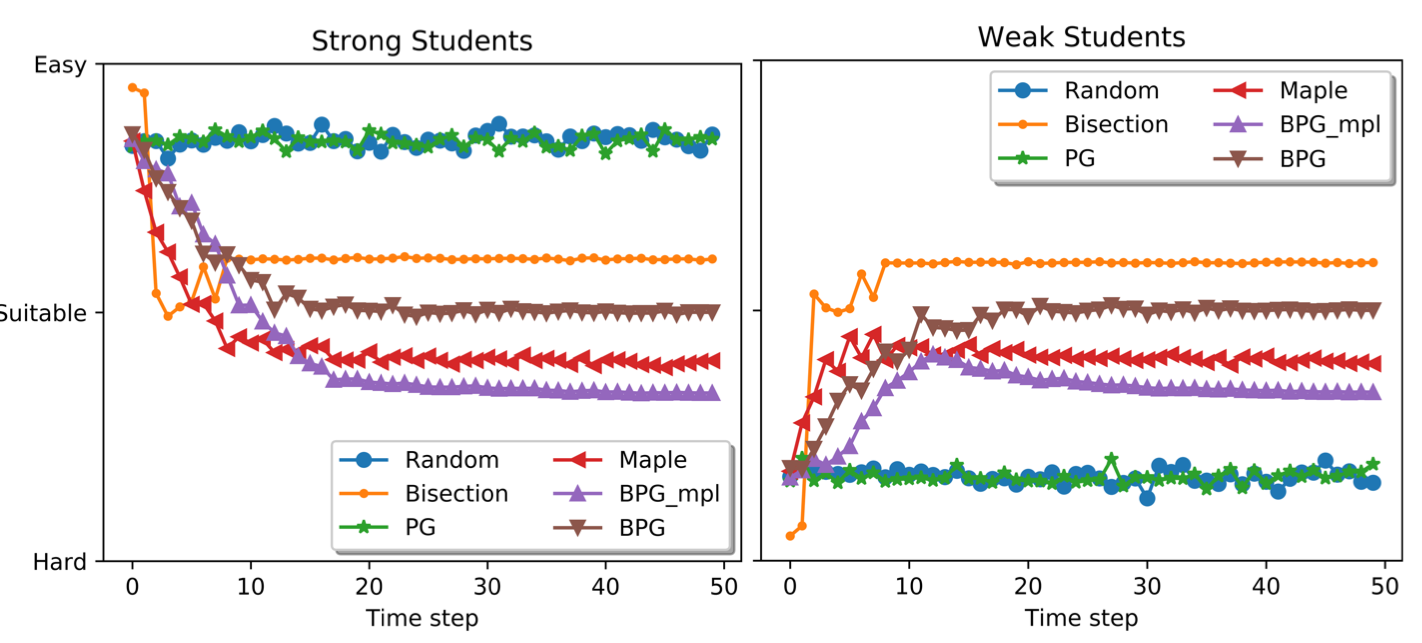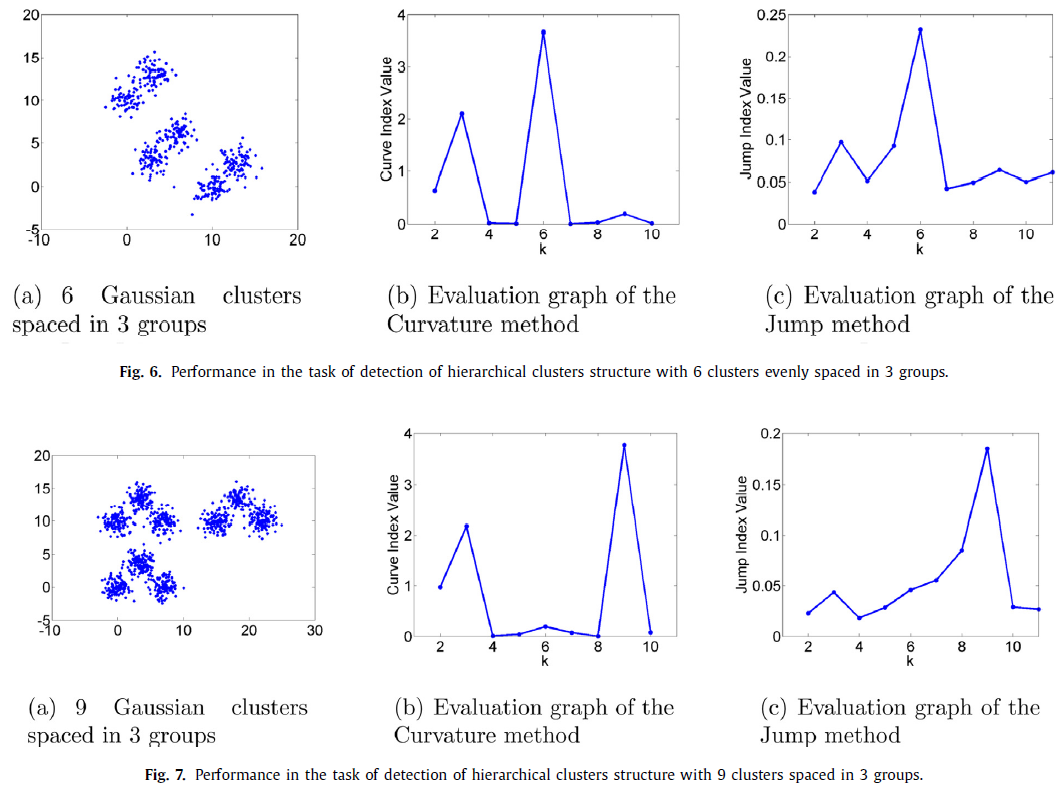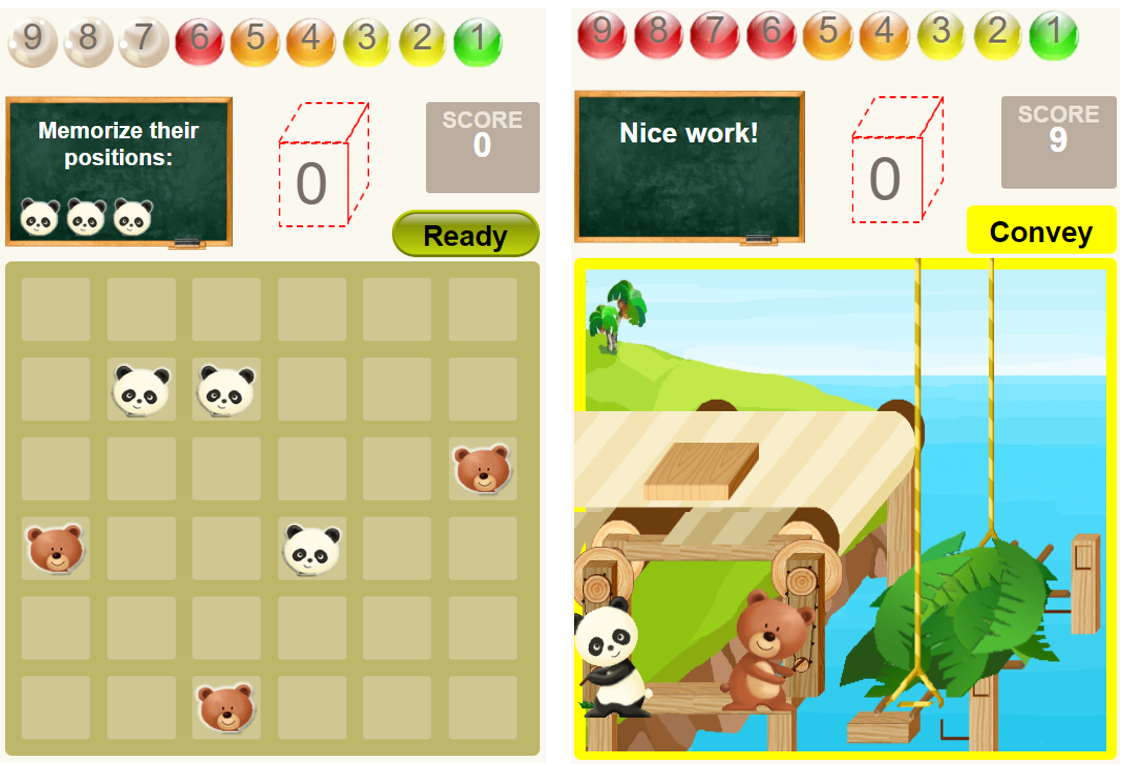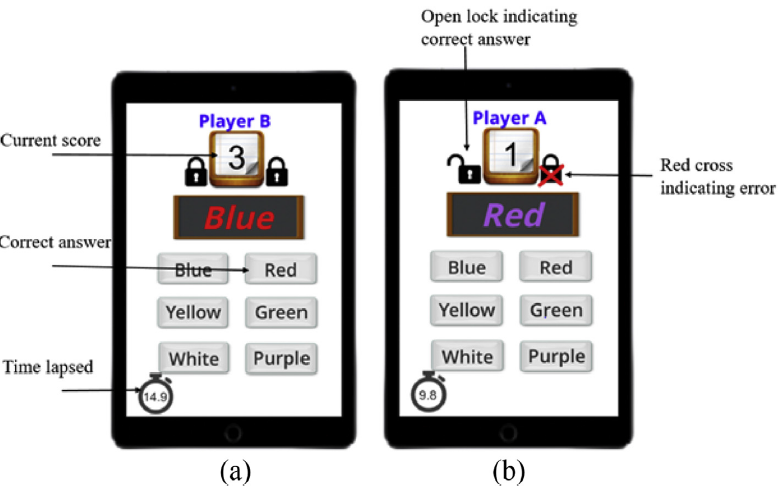
Yaqian Zhang
Research Fellow, UoW
Welcome to my homepage!
I am a Research Fellow in the Artificial Intelligence Institute, Te Ipu o te Mahara and a member of the Machine Learning Group at the University of Waikato. Before coming to New Zealand, I worked as a Research Assitant Professor in the Department of Computer Science and Engineering, Shanghai Jiao Tong University (SJTU). I obtained a PhD in Compputer Science from Nanyang Technological University (NTU) in 2020 and a Bachelor degree from Shanghai Jiao Tong University, in 2015. I’m currently working on developing efficient reinforcement learning algorithms for continual learning. Here is my CV.
Research
I am particularly interested in developing statistically and computationally efficient machine learning algorithms which are applicable for real-world systems. To improve the sample efficiency in reinforcement learning, one idea I’ve explored is to bootstrap policy gradient with better/worse actions (AAMAS 2019). This leads to fast and unbiased convergence in challenging environments with large action space and short horizon (e.g. intelligent tutoring system)(User Model User-Adap Inter (2021)). To reduce the computational cost in cluster analysis, I proposed to exploit curvature information of the evaluation graph. This results in a simple yet powerful method for estimating the number of clusters in a dataset (Information Sciences 2017). I’m also interested in applying machine learning to real-world problems. On this note, I’ve employed an interdisciplinary research method, to design and implement practical gaming systems (a multiplayer game, an online game) and conduct online and offline user studies (Computers in Human Behavior 2018).
Research Interests: Reinforcement Learning; Machine Learning; Human-Computer Interaction.
News
- [Jan. 2021] Our work on RL-based personalized difficulty adaptation is accepted by the journal of User Modeling and User-Adapted Interaction.
- [Dec. 2019] Completed my doctoral thesis defense.
- [Aug. 2019] Submitted Ph.D. thesis for review.
- [Jan. 2019] An online visua memory game “Pals” is released.
- [Dec. 2018] Our work on Bootstrapped Policy Gradient is accepted at AAMAS’19.
- [May. 2018] Our work on Cooperative Gameplay is accepted by the journal of Computers in Human Behavior.
- [Dec. 2017] Our Stroop Effect game 2.0 (A multiplayer tablet-based cogtnive game) is launched.
- [May. 2017] Our work on Cluster Number Detection is accepted by the journal of Information Sciences.
- [Dec 2015] Our team won the third prize in the NTU MAGIC Game Challenge 2015
Contact
Email: yaqian_zhang at hotmail.com
Teaching
CS7327-033-M01 Neural Network Theory and Applications (Graduate course), 2021 spring, SJTU
Publications
-
Yaqian Zhang, Wooi-Boon Goh, “Personalized task difficulty adaptation based on reinforcement learning” User Modeling and User-Adapted Interaction (2021).(project page)
-
Yaqian Zhang, Wooi-Boon Goh, “Bootstrapped Policy Gradient for Difficulty Adaptation in Intelligent Tutoring Systems” Proceedings of the 18th International Joint Conference on Autonomous Agents and Multi-Agent Systems (AAMAS’19). (paper) (code), (project page)
-
Yaqian Zhang, Wooi-Boon Goh, “The influence of peer accountability on attention during gameplay.” Computers in Human Behavior 84 (2018): 18-28. (paper) (project page)
-
Yaqian Zhang, Jacek Mańdziuk, Chai Hiok Quek, Wooi-Boon Goh, “Curvature-based method for determining the number of clusters.” Information Sciences 415 (2017): 414-428. (paper) (project page)
-
Enmei Tu, Yaqian Zhang, Lin Zhu, Jie Yang, Nikola Kasabov, “A graph-based semi-supervised k nearest-neighbor method for nonlinear manifold distributed data classification”. Information Sciences 367-368 (2016): 673-688.
-
Enmei Tu, Jie Yang, Nikola Kasabov, Yaqian Zhang, “Posterior Distribution Learning (PDL): A novel supervised learning framework using unlabeled samples to improve classification performance”. Neurocomputing 157(2015): 173-186.
Projects
| Reinforcement Learning | Cluster Analysis |
|---|---|
Enhance sample efficiency with bootstrapped policy gradient with better/worse actions [more] |
Curvatue-based method for cluster number determination [more] |
| Difficulty Adaptation | Cooperative Play |
|---|---|
Robust Dynamic Difficulty Adaptation in intelligent tutoring systems [more] |
The influence of peer accountability on attention [more] |